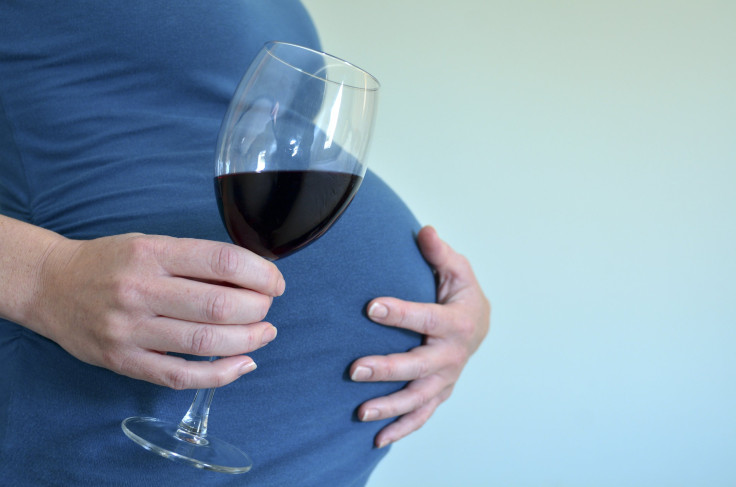Alcohol And Pregnancy Don’t Mix: The Lifelong Impacts Of One Binge Drinking Episode

The dangers of drinking alcohol when pregnant have been widely acknowledged for some time now, and the practice is largely frowned upon, both from a medical and social standpoint. However, in the 1990s, the lines between alcohol and pregnancy were much more blurred. Because of this cultural leniency toward drinking when pregnant, researchers were able to document the effects that even one episode of pregnancy binge drinking has on a child.
In the study, which is part of the “Children of the 90s” project, researchers from Bristol University were able to document what exactly happens to children when their mothers binge drink during pregnancy. According to the press release, with more than 4,000 participants and over a decade of follow-up research, the study provides excellent insight into just how far a single episode of binge drinking in pregnancy can affect a child’s mental health and school results.
For the purpose of consistency, “binge drinking” was defined as drinking four or more units of alcohol in a day on at least one occasion during the pregnancy. The female volunteers were questioned on their drinking patterns at the 18th and 32nd week of pregnancy, and again when their child was 5 years old. A quarter of the mothers involved in the study reported binge drinking at least once during their pregnancy, and of these, half said they did it once or twice a month prior to the questioning. Also, the majority of mothers who binge drank by their 18th week of pregnancy did so again by their 32nd-week checkup.
In an email to Medical Daily, lead researcher on the project, Dr. Kapil Sayal, explained that “Episodic binge pattern drinking was associated with higher levels of hyperactivity and inattention and with lower academic scores.” These issues were more pronounced in girls than in boys. Reports of binge drinking at the five-year mark were not found to be associated with any mental health issues or poor academic performances later on in life.
Sayal’s findings are interesting, but they do not change the already existing negative attitudes toward pregnancy and alcohol consumption. The author emphasizes that the study was conducted over 20 years ago, when attitudes toward alcohol and pregnancy were much different than they are today. “Women who are pregnant or who are planning to become pregnant should be aware of the possible risks associated with episodes of heavier drinking during pregnancy, even if this only occurs on an occasional basis,” Sayal said.
The researcher made it clear that regardless of what is publically passed as truth, science has yet to determine an amount of alcohol that is “safe” to be consumed during pregnancy. “It is important that there are clear policy messages about patterns of alcohol consumption during pregnancy, whereby women who choose to drink occasionally should avoid having several drinks in a day.”
Source: Sayal K, Heron J, Draper E, et al. Prenatal exposure to binge pattern of alcohol consumption: mental health and learning outcome at age 11. European Child & Adolescent Psychiatry. 2014
Published by Medicaldaily.com



























